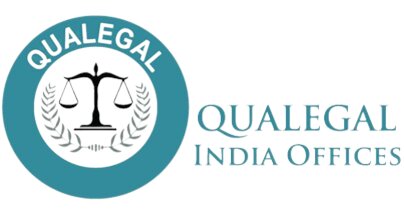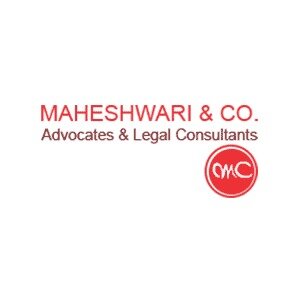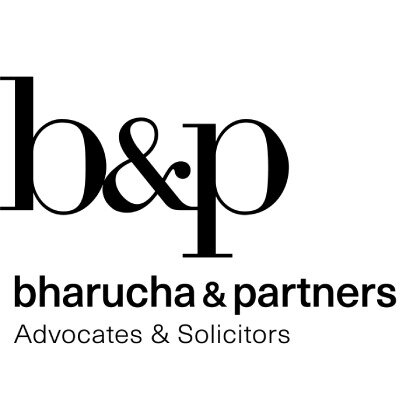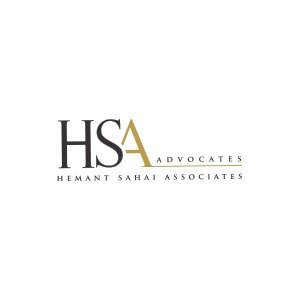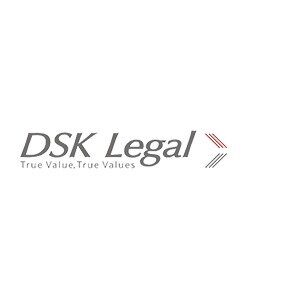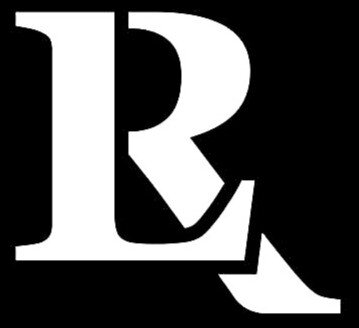Best Water Law Lawyers in New Delhi
Share your needs with us, get contacted by law firms.
Free. Takes 2 min.
List of the best lawyers in New Delhi, India
About Water Law in New Delhi, India
Water Law in New Delhi addresses the regulation, management, use, and protection of water resources within the territory. Given the city's rapidly growing population and urban development, water scarcity, pollution, and disputes over water rights have become critical issues. Water Law frameworks in New Delhi are shaped by a combination of national legislations, state regulations brought by the Delhi Government, and rulings of the courts. These laws ensure the distribution, use, conservation, and quality of water within the region, as well as address conflicts between individuals, industry, and government bodies regarding water usage and contamination.
Why You May Need a Lawyer
There are several situations in which legal assistance regarding Water Law in New Delhi can be essential. Common scenarios include disputes over water access between neighbors or communities, illegal water extraction or groundwater overuse allegations, water pollution from industrial or residential sources, and compliance with local and national water regulations. Businesses may require guidance on permissions for water use or effluent discharge, while landlords and tenants might face disagreements over water supply obligations. Governmental actions such as water allocation, development projects, or restrictions during shortages also often prompt the need for expert legal advice and representation.
Local Laws Overview
In New Delhi, the legal framework governing water is influenced by several central and state laws. Key national laws include the Environment Protection Act, the Water (Prevention and Control of Pollution) Act, and the Easements Act, which covers groundwater rights. The Delhi Jal Board Act is particularly noteworthy, as it establishes the Delhi Jal Board (DJB) that manages water supply and sewage in the city. The Delhi Groundwater Regulation Authority also regulates the extraction and use of groundwater. Key local legal considerations include the need for permits for drilling borewells, mandatory water harvesting for certain constructions, and regulations prohibiting the contamination of public water sources. Violations can lead to fines, criminal charges, or civil liabilities.
Frequently Asked Questions
What laws regulate water usage and supply in New Delhi?
The Water (Prevention and Control of Pollution) Act, the Environment Protection Act, and specific Delhi statutes like the Delhi Jal Board Act and rules under the Delhi Groundwater Management and Regulation Authority collectively oversee water regulation in the city.
Can I dig a borewell on my property in New Delhi?
Borewell drilling is strictly regulated. Property owners must apply for permission from the Delhi Groundwater Regulation Authority, and illegal extraction can result in penalties.
How are water disputes between neighbors resolved?
Most disputes are addressed through local municipal authorities or mediation. Legal action may be necessary if informal resolution is unsuccessful. Courts consider property rights, easements, and applicable local rules.
What should I do if my property’s water is contaminated?
Immediately notify the Delhi Jal Board and local health authorities. You may be entitled to remedy through official complaints, and in some cases, legal action for damages or enforcement of water quality standards.
Can industries discharge untreated waste into Delhi’s water systems?
No. Strict laws prohibit discharge of untreated effluents. Industries must comply with pollution control norms and treat wastewater before release. Violators face heavy fines and closure orders.
What is rainwater harvesting, and is it mandatory?
Rainwater harvesting captures and stores rainwater for local use. Delhi mandates it for certain buildings, especially new constructions and large plots, to combat water scarcity.
Who supplies water to homes in Delhi?
The Delhi Jal Board (DJB) is the primary government body responsible for providing potable water to residences, managing distribution networks, and addressing supply issues.
Are there restrictions during periods of water scarcity?
Yes. The Delhi government and the DJB may impose restrictions on usage, prioritizing essential needs. Violation can attract penalties.
What are my rights if the municipality fails to supply sufficient water?
Residents can file grievances with the DJB, escalate complaints to local consumer forums, or approach courts to enforce their right to adequate water supply under various laws and constitutional provisions.
Can I take legal action against water pollution affecting my locality?
Yes. You can lodge complaints with the pollution control board, file public interest litigation (PIL), or approach civil courts for redressal and compensation in case of harm from contaminated water.
Additional Resources
For those seeking information or guidance related to Water Law in New Delhi, several resources may be helpful:
- Delhi Jal Board (DJB) - The primary agency for water supply and sewage management in Delhi.
- Central Ground Water Authority (CGWA) - Monitors and regulates groundwater.
- Delhi Pollution Control Committee (DPCC) - Oversees implementation of water pollution laws.
- National Green Tribunal (NGT) - Handles environmental disputes, including water issues.
- Consumer forums - For grievances against public utility services.
- Local legal aid centers - Offer free or affordable legal assistance for water disputes.
Next Steps
If you believe you need legal help regarding Water Law in New Delhi, start by collecting all relevant documents, permits, and correspondence related to your issue. File complaints with the appropriate governmental body if required, and keep detailed records. If informal or administrative solutions are unsuccessful, consult with a lawyer specializing in Water Law or environmental matters. Legal professionals can guide you through dispute resolution, documentation, regulatory compliance, and court procedures. You may also explore mediation or approach consumer or environmental forums for quicker redress. Timely action is critical in water-related disputes due to public health and statutory limitations.
Lawzana helps you find the best lawyers and law firms in New Delhi through a curated and pre-screened list of qualified legal professionals. Our platform offers rankings and detailed profiles of attorneys and law firms, allowing you to compare based on practice areas, including Water Law, experience, and client feedback.
Each profile includes a description of the firm's areas of practice, client reviews, team members and partners, year of establishment, spoken languages, office locations, contact information, social media presence, and any published articles or resources. Most firms on our platform speak English and are experienced in both local and international legal matters.
Get a quote from top-rated law firms in New Delhi, India — quickly, securely, and without unnecessary hassle.
Disclaimer:
The information provided on this page is for general informational purposes only and does not constitute legal advice. While we strive to ensure the accuracy and relevance of the content, legal information may change over time, and interpretations of the law can vary. You should always consult with a qualified legal professional for advice specific to your situation.
We disclaim all liability for actions taken or not taken based on the content of this page. If you believe any information is incorrect or outdated, please contact us, and we will review and update it where appropriate.







